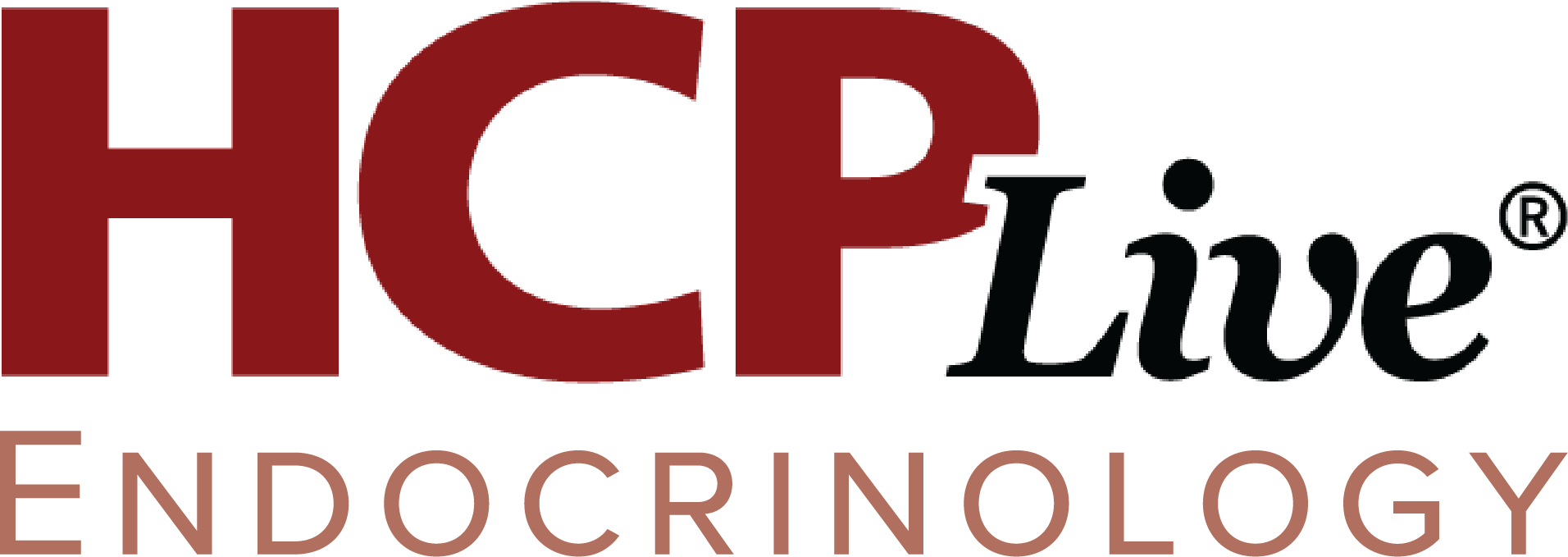Endocrinology

The HCPLive endocrinology page is a comprehensive resource for clinical news and insights on endocrine system conditions. This page consists of interviews, articles, podcasts, and videos on the research, treatment and development of therapies for diabetes, hormonal disease, and more.
Latest News
November 2nd 2024
The 11 to 3 vote against the benefit-risk profile of sotagliflozin comes with less than 2 months to go until the December 20, 2024 PDUFA date.
Diabetes Dialogue: Technology, Therapeutics, & Real-World Perspectives
HCPLive Endocrinology's flagship diabetes podcast, hosted by Diana Isaacs, PharmD, and Natalie Bellini, DNP
More News
Type 2 Diabetes ELIXA Trial Update on CV Risk, Stroke, and Mortality
October 30th 2015The much buzzed about Evaluation of Lixisenatide in Acute Coronary Syndrome (ELIXA) trial has been tracking the medication in patients with type 2 diabetes. An update on the outcomes was provided at the 10th Annual Cardiometabolic Health Congress (CMHC 2015) in Boston, Massachusetts.
Researchers to Study Biomarkers for Early Detection of Diabetic Kidney Disease
October 24th 2015As part of a multi-institutional effort, researchers in the fields of proteomics, lipidomics, and metabolomics will collaborate to discover more effective ways of predicting which patients with type 1 diabetes are at greater risk for developing kidney disease.
Reversing Choline-Depletion in Children with Cystic Fibrosis and Exocrine Pancreatic Insufficiency
A clinical trial with a choline-rich structured lipid found that daily intake can significantly reduce choline depletion in cystic fibrosis patients with exocrine pancreatic insufficiency.
Lipids: Local Anesthetic Systemic Toxicity and Broader Applications
October 22nd 2015Lipid resuscitation therapy was identified in 1998 as an effective treatment for local anesthetic systemic toxicity. Since then, researchers have developed a better understanding of the risk factors involved and the manner in which lipids work, using both dynamic scavenging and direct cardiotonic effects.
Using Non-Insulin Drug Therapies in Type 1 Diabetes: Promising Future
October 21st 2015Type 1 diabetes mellitus (T1DM) is treated by necessity with insulin analogues in an attempt to mimic normal physiological insulin profiles. Regardless, this approach is rarely completely successful and most T1DM patients experience fluctuating or suboptimal glucose control, significant hypoglycemia and microvascular tissue complications.
Restoring the Ability to Say No: Programming Food Responses
October 21st 2015Most adults in developed nations struggle with their weight. Ample quantities of high-quality foods (and plenty of sugar- and fat-laden snacks) do more than just nourish us. They allow us to overindulge; in fact, they tend to make people eat mindlessly.
Choledochal Cyst: Complete Resection Improves Outcomes
October 16th 2015Cystic dilatation of the bile duct (usually called choledochal cyst)-is a rare condition that causes numerous complications, such as chronic pancreatitis, which is the most common cause of exocrine pancreatice insufficiency in adults.
FDA Requires Manufacturers to Investigate Infection Risk Associated with Duodenoscope Use
The US Food and Drug Administration requested three manufacturers of duodenoscopes – Olympus America, Inc. Fujifilm Medical Systems, USA, Inc., and Hoya Corp – to perform real-world postmarket surveillance studies duodenoscopes used to perform endoscopic retrograde cholangiopancreatography procedures (ERCP).
Study: "Obesity Paradox" in Cardiovascular Disease Does Not Exist
The "obesity paradox" suggests that patients with excess weight are associated with better survival among individuals with cardiovascular disease -a mysterious and confounding phenomenon that has been demonstrated in many clinical studies.